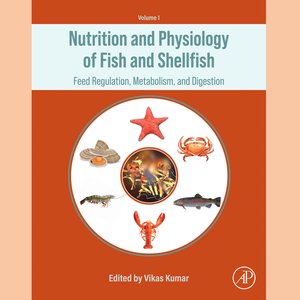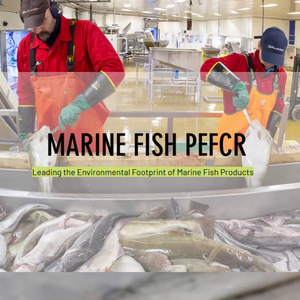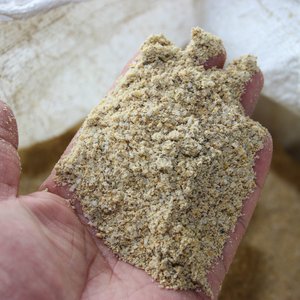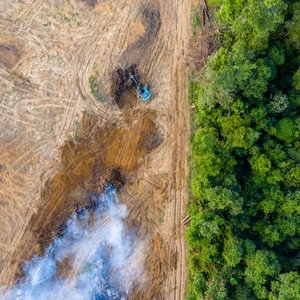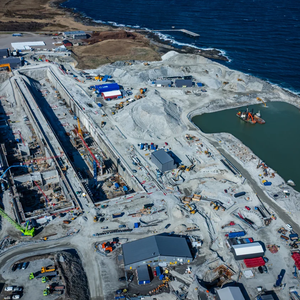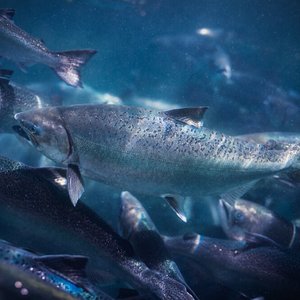New Rabobank report: High commodity prices hard to swallow
A new Rabobank report, which covers a wide range of food segments including beef, pork, salmon, vannamei shrimp and panguasius, finds salmon - the most carnivorous of all the species studied - to have the most stubborn resilience against the global upsurge in commodity prices.
This performance could be attributed to a handful of reasons, explained Gorjan Nikolik of Rabobank’s Food & Agribusiness Research and Advisory (FAR), who co-authored the report.
“To understand the performance of salmon, we need to look at the gains made by feed formula change as well as operational efficiencies made by the industry, which have kept overall salmon cost stable while production cost for all other proteins have witnessed a significant increase,” he said.
Thanks to its low feed conversion rates, poultry remains one of the most competitively priced animal proteins available, a remarkable advantage in the period of plummeting consumer confidence, Rabobank says in the landmark report. But its expansion could be threatened by the omnipresent global surge in commodity prices.
The European pork sector is facing the highest production cost increase as a direct result of high commodity prices.
Apart from commodity prices on the cost of production, other factors which help make each livestock or aquaculture industry a case apart include animal diseases, energy costs, labor, land costs, credit availability, legislation changes, weather and consolidation, argues the report.
Looking beyond the impact of commodities, the report further discusses factors unique in each industry such as disease outbreaks, legislation changes and technological developments.
To obtain a copy of the report or for more information contact your nearest Rabobank office; details on the Rabobank website.


